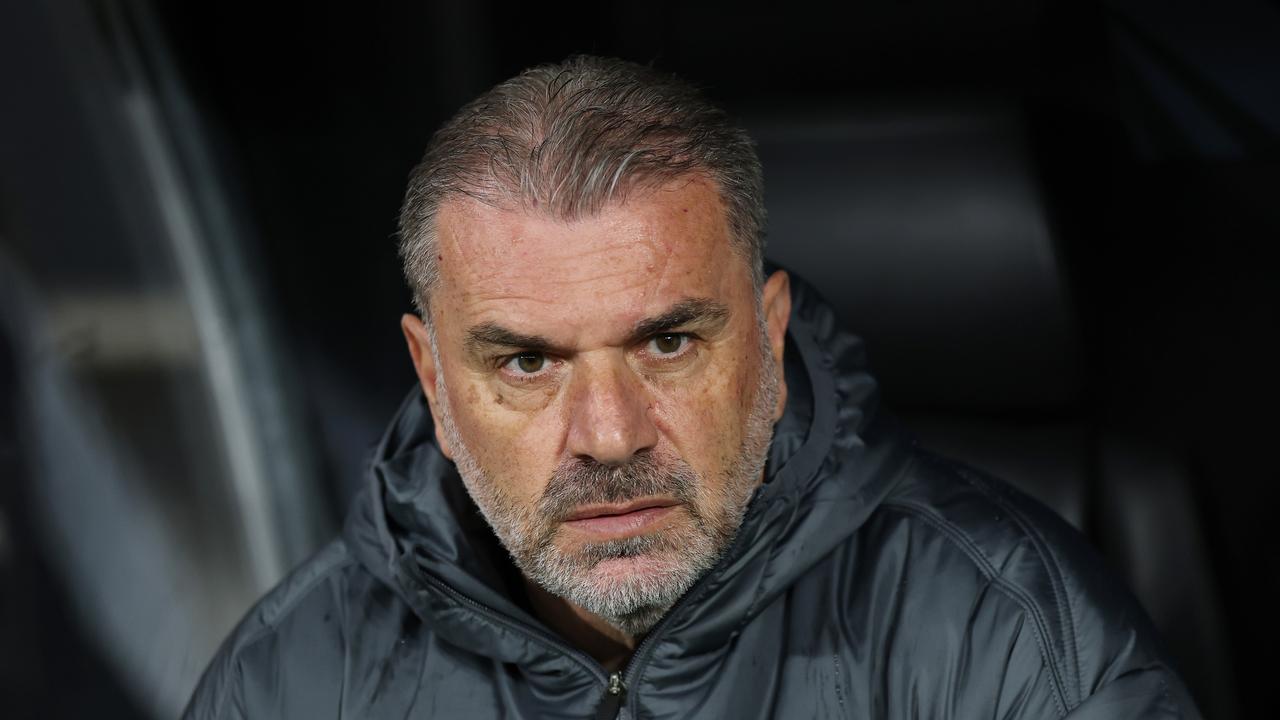Djokovic moves from third man to main man at Wimbledon
Novak Djokovic was once described as “the third man” behind the duopoly occupied by Roger Federer and Rafael Nadal.

Novak Djokovic was once described as “the third man”. The idea was that this impressive but ultimately workmanlike player would never quite break into the duopoly occupied by Roger Federer and Rafael Nadal. This was in part about the quality of the two men who, for more than a decade, dominated world tennis.
But it was also about aesthetics. Federer possessed class, grace and elegance. He has been featured on the cover of Men’s Vogue. Quiet and understated, but with a fierce competitive will, he was fawned over by high mark-up sponsors. His was the ultimate celebrity endorsement.
Nadal also had an evocative appeal, albeit of a different kind. He was swashbuckling, muscular, almost primal. He combined colour with artistry, a pulsating quality with a forensic capacity to win under pressure. When he was up against his Swiss rival, the world stopped. Tennis was a two-way battle between two of the most vivid, if contrasting, characters in world sport.
Djokovic has always been different. An outsider. He has not enjoyed the same level of cultural cut-through. When he faces his two principal opponents, particularly Federer, he often faces a hostile crowd. His game doesn’t have a single, trademark shot. But there can be no doubt that, over the past four seasons, he has elevated himself high in the pantheon of champions. There is a consensus that when the history of this golden age is written, it will be primarily about three men, not two.
The transformation from wannabe to one of sport’s greatest champions can be pinned to a date: January 27, 2010. At the time, the Serb had a reputation for fading late in big matches. He led by two sets to one in the Australian Open quarter-finals against Jo-Wilfried Tsonga, but suddenly started struggling for breath. He rushed out for a toilet break, dropped to his knees and vomited. By the time he returned, he was spent.
“The match with Tsonga was probably the lowest point in my career,” he said. “My body was broken — my mind was broken. The end came quickly and mercifully, like an execution.”
But Djokovic found meaning in adversity, as he so often does. He started exploring new ways to build his fitness and reduce his tendency towards injury. The answer was a new, gluten-free diet.
“I had new energy levels and a new sense of self-worth,” he said. “The diet changed my life.”
He also started getting interested in various forms of spiritualism, which have also had a lasting impact on his outlook. At Wimbledon, he often visits the Buddhapadipa complex, a Buddhist temple near to the All England Club. “I like spending time in the park and hearing the peaceful sounds of the water and seeing people just relax and connect to the nature,” he said recently.
It is for these reasons, and others, that Djokovic, 28, makes for such a fascinating and complex champion. For long periods in recent years, he has been the dominant force in the game. When he does lose, as he in the French Open final to Stanislas Wawrinka, he seems to learn and evolve. As he put it yesterday: “That Paris final was the most important match of the tournament for me, but I lost to a better player. Tennis has taught me to move on quickly.”
Djokovic’s draw is not the easiest, but one suspects that he will adapt to the challenges, even as he fends off allegations of cheating after his coach Boris Becker admitted that he provided tactical signals during matches.
Becker, the three-time Wimbledon champion, made his admission on BBC Radio 5 Live, saying: “I think there is a bond, a relationship, an understanding of the player and coach. Obviously I’ve got my job and it’s a very intimate relationship because it’s one-on-one. There are moments when he looks up and he needs assurance that what he is doing is right. And then we have our ways about it to tell him it’s good or tell him it’s bad. And then it’s up to him to change it.”
The world No 1, top seed and defending champion, who faces a dangerous first-round opponent in Germany’s Philipp Kohlschreiber, looked almost surprised when asked to comment on Becker’s remarks.
“There are special ways of, I would say, communication: the way you look at each other, the way you ‘feel’ your box, and box ‘feels’ what you’re going through on the court,” Djokovic said. “I don’t think that we’re cheating.’’
The third man? Once that epithet had a certain logic, and also a certain sting. It served to diminish the Serb. Today, however, it has been superseded by the conception of Djokovic as an individualistic and compelling champion, comfortable in his own skin and with a secure place in tennis history. He starts Wimbledon as a warm favourite. You could even call him the main man.
The Times



To join the conversation, please log in. Don't have an account? Register
Join the conversation, you are commenting as Logout